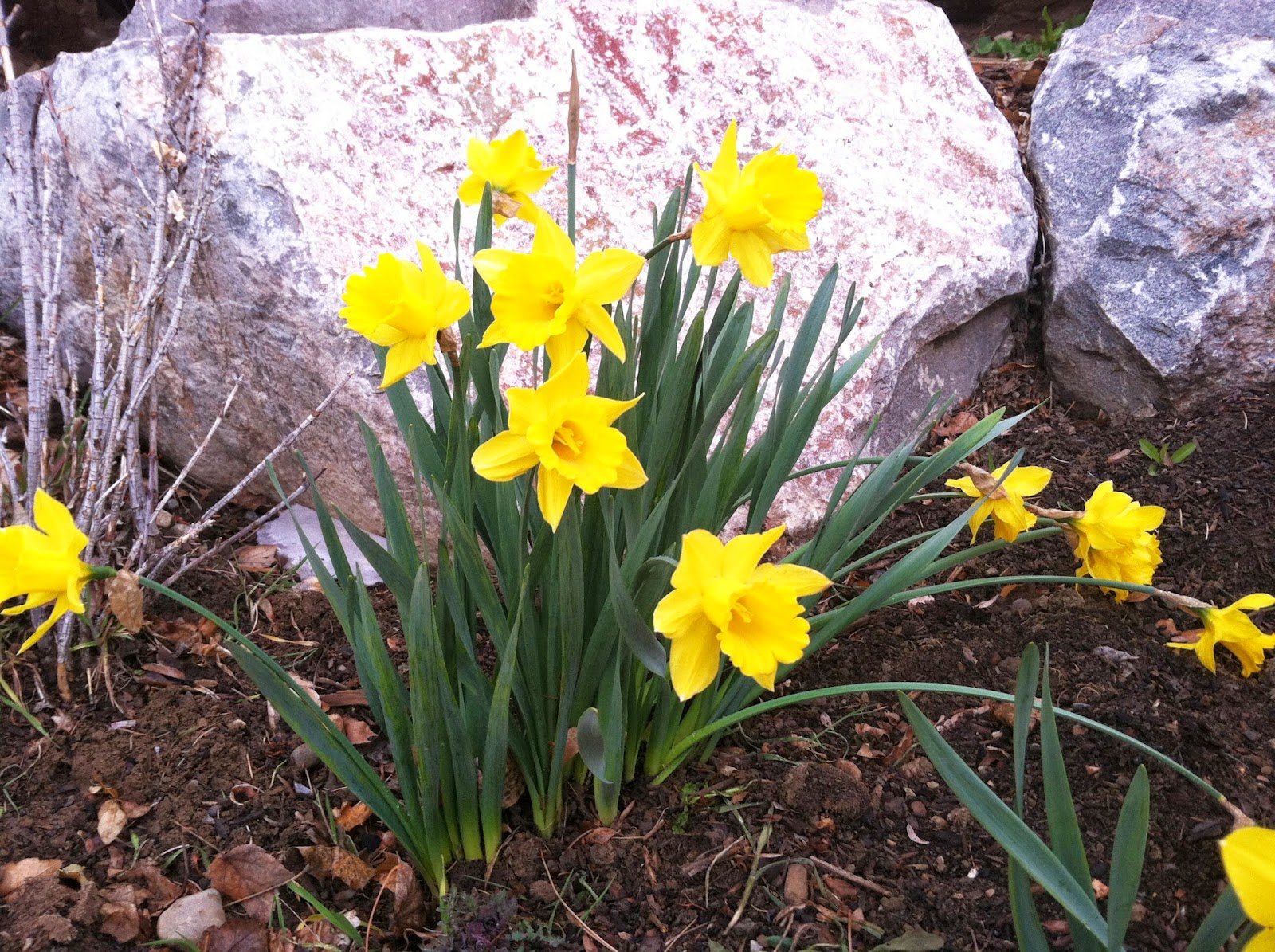Darrel L. Hammon
Continuing education
fosters the “building, challenging, strengthening, and enlarging” of oneself to
do things never done before, accomplish goals and tasks set previously but
never fulfilled, prove that you can do something despite the challenges strewn
along the way, rise to a challenge that seemed way too hard at first, change
the way you look at the world, commit to the philosophy of lifelong learning,
and widen your vision so that you can see a far off.
The vision of continuing
education focuses on the 78-year-old GED graduate some years ago who said, “I
am getting my GED because I know I will be a good example to my grandchildren.”
Donned in traditional cap and gown, she received a standing ovation as she
walked across the stage and waved to her family before she took her place among
her fellow graduates.
The vision of continuing
education highlights the 30 or so more mature adults who all trundled to
Lewiston, Idaho, to participate in one of the many available Elderhostel
activities. These adults, many of them 60 and over, came from across the
country and participated in a week-long course that introduced them to Lewis
and Clark and the Corps of Discovery. Their education might have ended several
decades ago, but their learning never stopped. Instead, they sought
opportunities to learn because, as one of them commented, “I love to learn.”
The vision of continuing
education expounds Jaime Escalante’s phrase, “Free, free, free, knowledge; bring
your own containers.” Continuing education is all about that phrase. Knowledge
oozes out of every corner and crack. Often it just seeps by us or hangs from
luscious baskets within our reach, but sometimes we do not take advantage of
the proliferation of knowledge around us. Or we fail to pack around our own
containers, our buckets. Or worse, just the bottoms of our buckets are covered,
and we say “I’ve got all the knowledge I want.”
The vision of continuing
education connects people with educational opportunities, developing programs
to meet the demands of the swirling marketplace, and preparing students to live
and work in a global society, no matter how old you are or where you live or
what modality you are utilizing.
The vision of continuing
education is about access—to distance and online learning; to youth and summer
camps, to language programs such as Spanish, French, and Chinese; to evening
and off-campus programming at different locations; and to a cadre of incredibly
focused programs and courses for youth and adult learners.
Continuing education is
continually asking the right questions: Is what we are providing meeting the
needs and desires of our members and beyond? What does the growing member
community want and need? And finally, what more should we be doing to
extend the Utah Valley University (UVU) experience beyond the boundaries of the physical campus?
In essence, learning
through continuing education is inextricably linked to investment, an
investment in ourselves and our families that yields high benefits and interest,
maybe not today or tomorrow, but it will yield—intellectually, spiritually, and
mentally. We may have to bend our backs, stretch our minds, work midst wind and
snow storms and tauntings of others, and maybe even make a few sacrifices. But
that’s the vision of continuing education: providing opportunities to learn,
helping others become better people, enlightening their minds, and establishing
a true opportunity for learning because in the end, it’s all worth it.
Thus, invest now and often
and keep your bank account growing and your buckets filling up.










